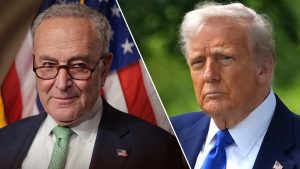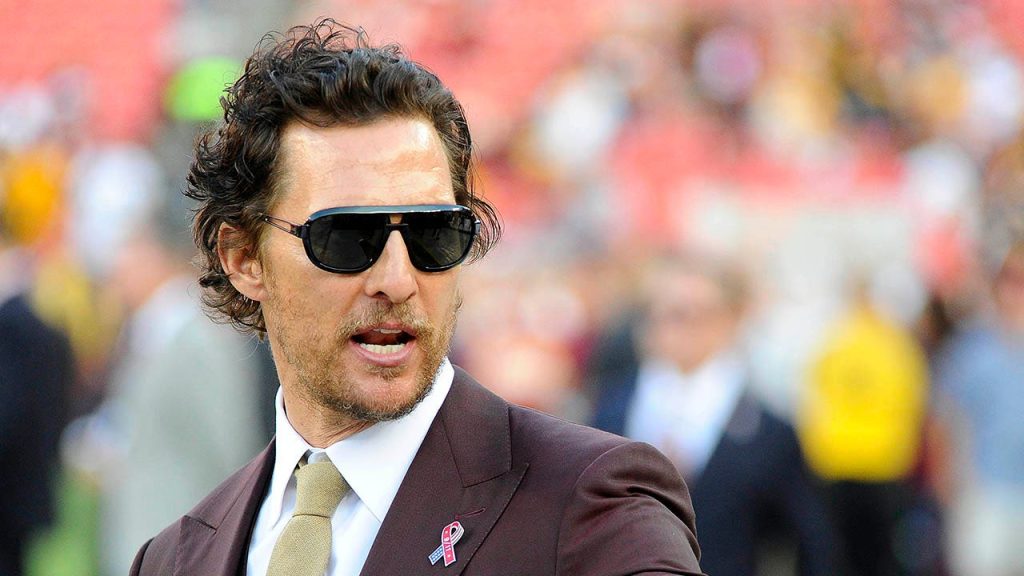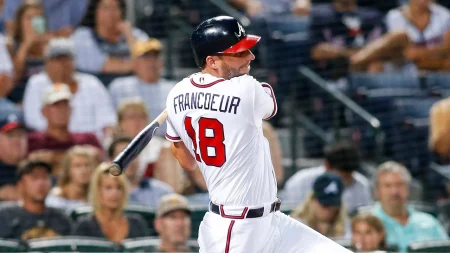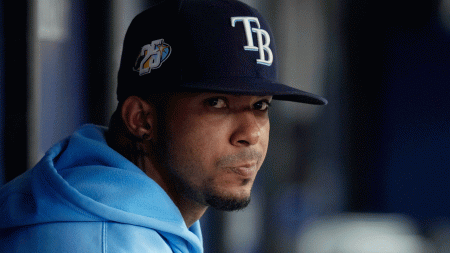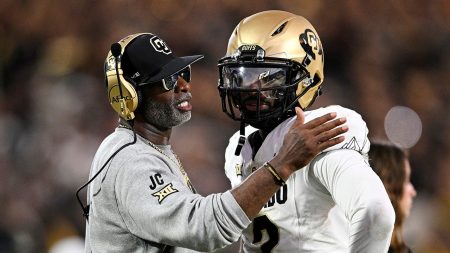Matthew McConaughey, the acclaimed actor known for his roles in films like “Interstellar” and “Dallas Buyers Club,” publicly reaffirmed his lifelong allegiance to the Washington Commanders, formerly the Redskins, as they geared up for the NFC Championship game. This declaration of fandom, expressed through a social media post featuring a miniature Redskins letterman jacket, sparked a renewed interest in the actor’s sporting affiliations and his past stance on the controversial team name.
McConaughey’s support for the Washington football franchise traces back to his childhood in 1974. In a 2014 interview with GQ magazine, he attributed his fandom to a confluence of factors, including his fondness for old Western movies and their portrayal of Native Americans, whom he “rooted for” as a child. Adding a touch of whimsicality to his explanation, he linked his affection for hamburgers to his admiration for Redskins linebacker Chris Hanburger, suggesting a playful association between his culinary preferences and his sporting loyalties. This unconventional rationale, while seemingly lighthearted, provided a glimpse into the personal and often idiosyncratic nature of fan allegiances.
However, the core of the discussion revolved around McConaughey’s 2014 defense of the Redskins name, a moniker that had become increasingly embroiled in controversy. At the time, then-team owner Daniel Snyder remained steadfast in his refusal to change the name, despite mounting pressure from critics who deemed it offensive to Native American communities. McConaughey, in his interview, expressed bewilderment at the sudden surge of social consciousness surrounding the issue, questioning the impetus for change after decades of acceptance. He pointed to the long-standing history of the name, dating back to the 1930s, and argued that the sudden shift in public opinion felt abrupt and unwarranted.
Further elaborating on his perspective, McConaughey drew parallels with the debate surrounding gun control. While acknowledging the right to bear arms, he proposed a hypothetical scenario where individuals might voluntarily relinquish that right for the greater good, even if it meant sacrificing personal enjoyment. Similarly, in the context of the Redskins name, he seemed to suggest that even if some Native Americans did not find the name offensive, they might be reluctant to openly endorse it, thereby creating a perceived silence that could be misconstrued as consent. This analogy, though potentially flawed, highlighted McConaughey’s attempt to grapple with the complexities of balancing individual rights and societal sensitivities.
The Redskins name ultimately underwent a transformation in 2020, succumbing to the mounting pressure and a heightened awareness of racial issues in the United States. Snyder, who had previously resisted calls for change, finally relented, marking a significant turning point in the franchise’s history. The decision, though welcomed by many, remains a contentious topic among some fans who feel a sense of loss for the team’s former identity. The old logo, however, might still find a place of honor in the franchise’s future, with potential plans to incorporate it into the design of a new stadium on the historic RFK site, a gesture that could serve as a bridge between the past and the present.
Despite the name change, McConaughey’s loyalty to the team, now known as the Commanders, remains unwavering. His continued support, expressed through his social media post and evident in his ongoing engagement with the team’s progress, underscores the enduring bond between a fan and his chosen team, transcending the complexities of changing times and evolving social landscapes. As the Commanders strive to reach the Super Bowl for the first time since 1991, McConaughey’s unwavering enthusiasm serves as a testament to the enduring power of sports fandom, a connection that often defies logic and transcends the controversies that may swirl around the game. His story, interwoven with the evolving narrative of the Washington football franchise, stands as a microcosm of the intricate relationship between sports, identity, and the evolving societal values that shape our understanding of both.


